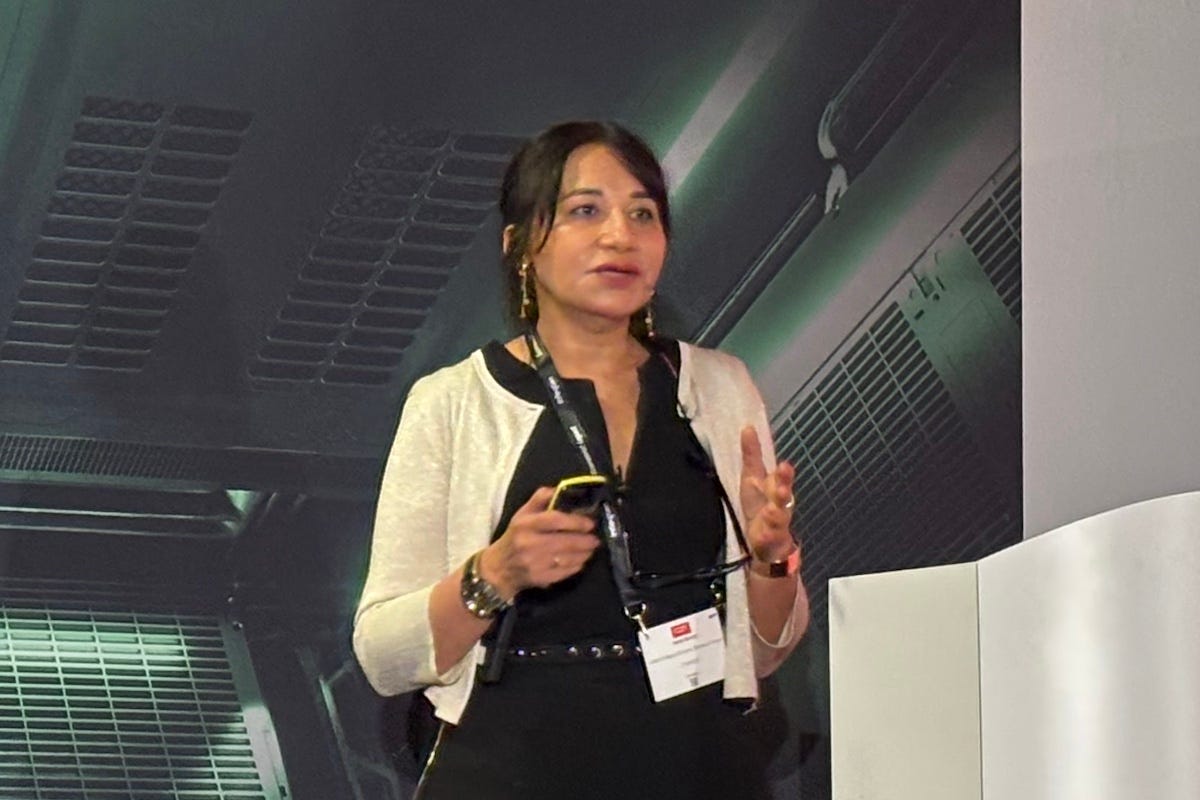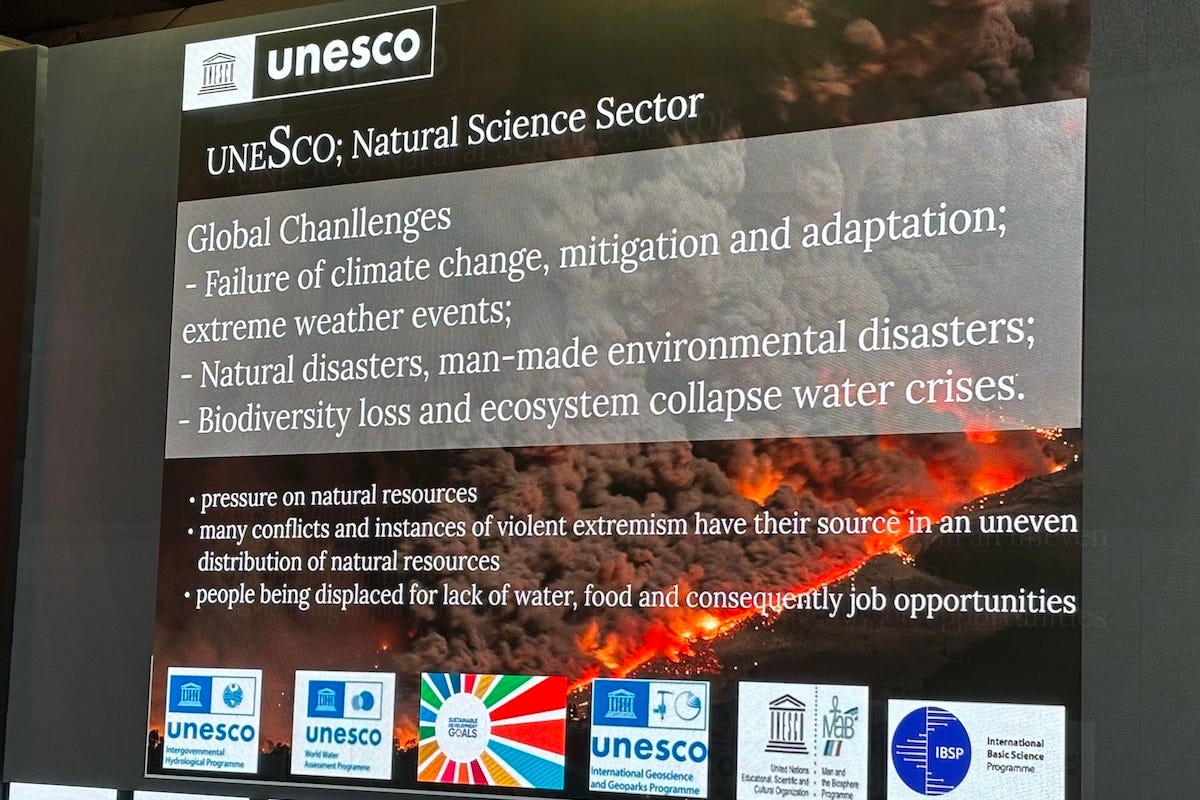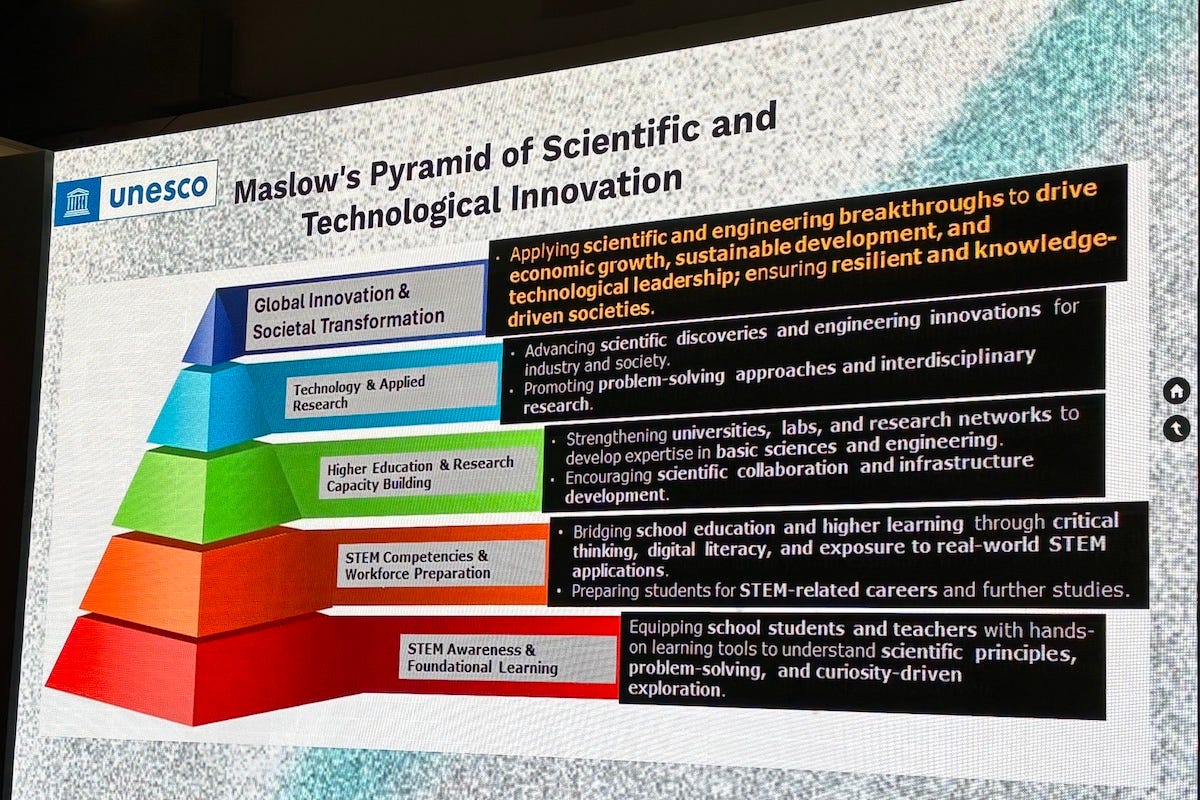UNESCO Pushes Global Action to Bridge Quantum Technology Divide
A sweeping educational campaign aims to make quantum science more accessible to developing nations and underrepresented groups

When quantum technology advances, who gets left behind? That question is central to UNESCO’s strategy in 2025, as the organization leads the first International Year of Quantum Science and Technology, which focuses on reducing the global knowledge divide.
Rather than centering on quantum breakthroughs, UNESCO's priority is human access to those breakthroughs. According to Amal Kasry, Chief of Section for Basic Science, Research, Innovation and Engineering at UNESCO, the goal is to transform quantum science into a common language, not a specialized dialect reserved for elite laboratories.
Kasry said quantum science is increasingly being recognized as a language that scientists, engineers, and eventually the broader public must learn to fully engage with emerging technologies.
This linguistic metaphor underpins UNESCO’s sweeping strategy for 2025, which pairs grassroots education initiatives with high-level policy advocacy. The stakes are high: quantum science and technology are poised to transform sectors such as healthcare, energy, communications, and security.
Yet without deliberate intervention, the benefits could concentrate in a handful of countries and corporations, echoing past patterns of inequity in access to emerging technologies.
At the heart of the campaign is a simple but powerful concept: equity—equity in learning, equity in access, and equity in innovation.
"There is a significant gap. And the gap is twofold. There is a huge gap in the infrastructure and knowledge between the North and the Global South," said Kasry. "For UNESCO as an intergovernmental organization, this is a major concern. And also, there is a gap in the comprehension, even among the community and the professionals in the field."
Bridging the North-South Divide
UNESCO’s concern is both global and structural. While infrastructure gaps dominate the developing world, knowledge fragmentation is evident even in advanced economies. To address this, the agency has launched several initiatives to reduce disparities in quantum science.
"Education and outreach are also one of the things we try to put a lot of effort into," Kasry said at the Commercialising Quantum event organized by The Economist in London on May 13, 2025. "For example, we are starting online courses in quantum algorithms, targeting African female scientists."
This targeted approach is intended to tackle systemic imbalances.
"The number of female scientists is still relatively low compared to all the progress happening in the world in many other fields—it still doesn't exceed 30%," she noted. "And in specific fields like quantum and AI, it's even much less. This is something we need to address."
Another flagship program is UNESCO’s Remote Access Initiative. Designed to help scientists in the Global South access advanced laboratory equipment and techniques remotely, the program is already active in 11 African countries and is expanding to other regions.
UNESCO believes this is an effective way to curb brain drain and ensure local researchers remain active contributors to global science.
Policy, Advocacy, and Public Awareness
The International Year of Quantum Science and Technology (IYQ) was officially proclaimed by the United Nations General Assembly in 2024. It commemorates 100 years since quantum mechanics took root in modern physics. UNESCO's message is clear: this is not merely a celebration.
"The significance of international years is that they serve as a critical platform for raising awareness, driving action, and fostering collaboration globally among the institutes and the governments," Kasry said.
Raising public understanding is also central.
"Despite the rapid development of quantum technologies, we have noticed that the public awareness remains very limited," she said. "And misconception is also a problem."
In response, UNESCO provides hands-on teaching tools, public-facing campaigns, and policy support tailored to national governments.
"We just finalized the policy brief targeting member states of UNESCO that will be launched soon, and it's addressing the link between quantum science and technology and SDGs (Sustainable Development Goals)," said Kasry.
UNESCO is expanding its work from capacity building to full-fledged innovation ecosystems. One key direction is the establishment of innovation hubs.
"We hold a series of entrepreneurship boot camps linking science and engineering to entrepreneurship. The idea is to build and develop these innovative skills," said Kasry. "We are now expanding to innovation hubs, collaborating with some universities and science parks."
To further strengthen global cooperation, the agency is appealing to laboratories in the Global North to share their facilities with researchers from underserved regions. By offering remote access, institutions can help level the playing field and foster genuine international collaboration.
UNESCO will hold its first quantum-focused entrepreneurship boot camp in Spain in July 2025, signaling a shift from planning to implementation.
Toward a More Inclusive Quantum Future
UNESCO's quantum agenda is not just about outreach—it is a call to reimagine who participates in shaping the next wave of scientific innovation. As quantum tools inch closer to mainstream application, ensuring that low-resource regions, underrepresented groups, and young scientists are equipped to engage is no longer optional—it is essential.
Kasry urged the global community to participate in the International Year of Quantum by organizing workshops, training sessions, and knowledge-sharing opportunities. She noted that increased engagement from every region and sector would help ensure the initiative's success.
She concluded by reflecting on a change in mindset: For a long time, she resisted using the word "quantum" alone, insisting on complete phrases like "quantum science" or "quantum technology."
But now, she acknowledged that the shift in usage might signify something more profound.
"I started using only 'quantum' because it became known now that when I say 'quantum', it refers to quantum technology. Maybe this could mean that we are speaking quantum."
The International Year of Quantum Science and Technology offers a once-in-a-generation opportunity to create a truly global foundation for the quantum age—one built on cooperation, not concentration.




